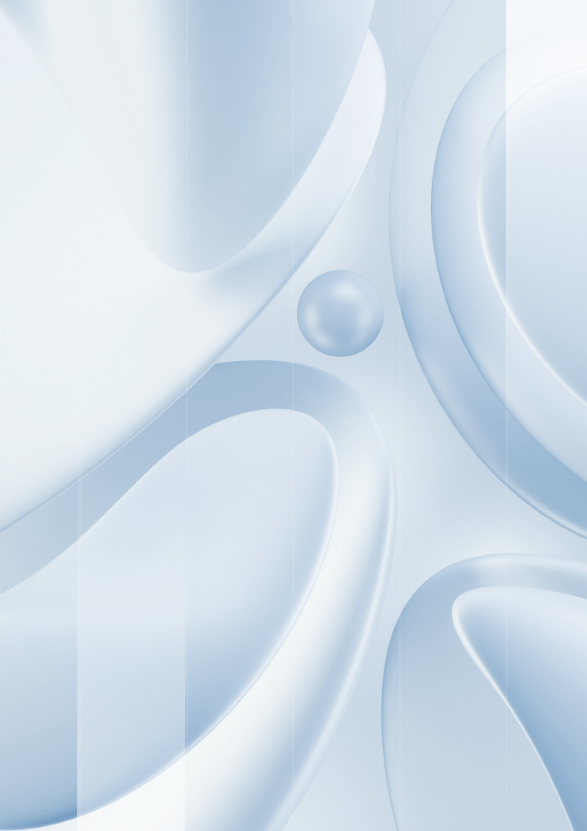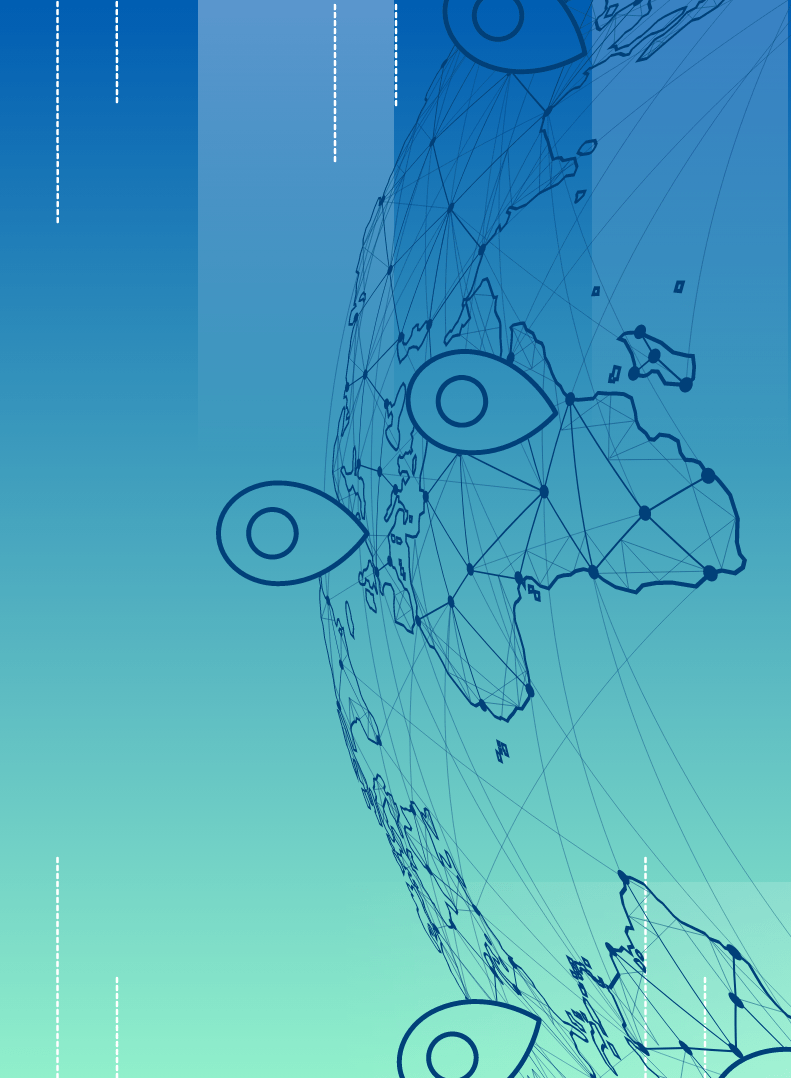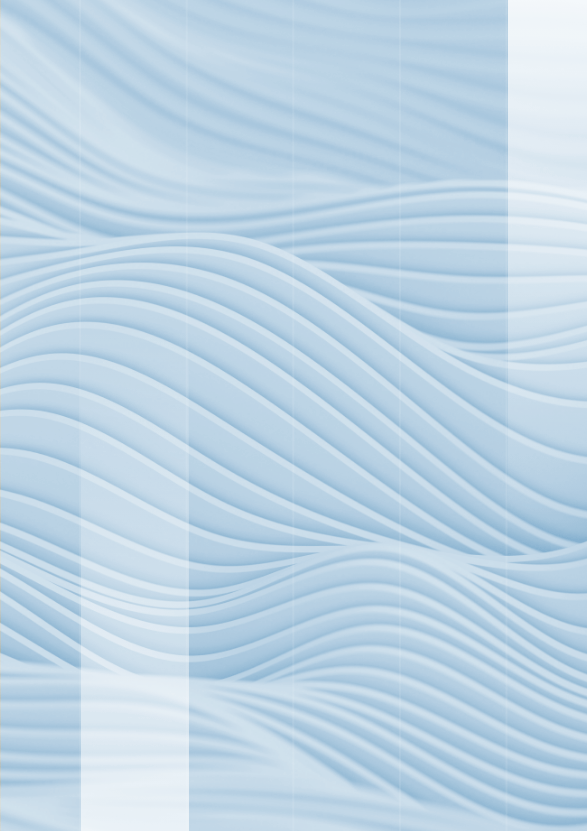

Trust in a changing information ecosystem
Cathleen Berger
Note: This is a write-up of a 5-minute input statement prepared for a visit of a Swedish parliamentary delegation to Berlin on May 25, 2023.
Upgrade Democracy’s tagline is “Democracy is under pressure. We mustn’t passively stand by but get active.”
The pressures we are referring to are multifaceted. And recently, disinformation has received a lot of attention as a significant challenge to democratic societies. For example, if we look at the 2023 world press freedom index, issued by Reporters Without Borders, the picture is dire: “The 2023 Index spotlights the rapid effects that the digital ecosystem’s fake content industry has had on press freedom. In 118 countries (two-thirds of the 180 countries evaluated by the Index), most […] respondents reported that political actors in their countries were often or systematically involved in massive disinformation or propaganda campaigns.”
The key term here is the “fake content industry.” This suggests that disinformation has been turned into a money-making endeavour and that political interference appears to be merely a side effect of what’s profitable. But why is that and what triggers it?
Granted, a full-fledged analysis would take longer than 2 minutes. But the fundamental observation is simple: we’ve reached the next stage in the development of our information and knowledge societies.
Digital spaces and social media have broadened the scope of who gets access to information, who produces it, how far and fast it can travel. By now, these spaces are so embedded in our consumption and participation habits that there is an expectation for political and societal discourse to happen online. Do parliamentary debates or government consultations take place online? Rarely. Do we expect to find information and insights into them online? Absolutely.
The challenge is that, in most parts of the world, democratic systems have not changed at the same pace. Disinformation campaigns make use of uncertainty, intransparency, or delays in inviting participation. They fill, ever so brief moments, of informational gaps. And because disinformation campaigns feed off emotional reaction, they sow distrust, unease, or discord – often simply because these campaigns push content before vetted information becomes available. And with tools, such as ChatGPT, Midjourney, Bard and others that race has become even faster.
There are two points I want to emphasise based on that:
First, there are hundreds of good practice examples worldwide that are doing great work, identifying, highlighting, and checking disinformation campaigns. We are neither unprepared, nor digging around in the dark. That said: many of these counter-disinformation initiatives tackle the problem when disinformation is already placed and distributed. I believe, we need to pay more attention to the underlying issues of why and by whom disinformation campaigns are initiated and produced. It should not be lucrative to undermine political systems.
Secondly, we mustn’t get distracted by symptoms but focus on what makes democracy appealing. Governments tend to narrow in on foreign interference and hence counter-measures to tackle “threats”. To me, it feels like we need to break this cycle and focus on how to generate trust: in media, in politicians, in democratic debates. Pointedly: Swans are white is a fact in most of Europe. Swans are black is a true statement more common in Australia or New Zealand. How do I know what is true and how open am I to learn and listen? I believe this will require a significant shift in political processes.
We don’t want to end up in a place where we craft laws that control who can produce and share what types of information – we want to be in place, where everyone feels confident engaging and assessing information. The bottom line is: The information ecosystem has changed. To increase and rebuild trust, our political systems must break the cycle of “defending against”. The complexity of global crises, like the climate crisis, social divides, demographic change, and more need a whole-of-society approach. A concept better suited for democratic societies than autocratic systems.




